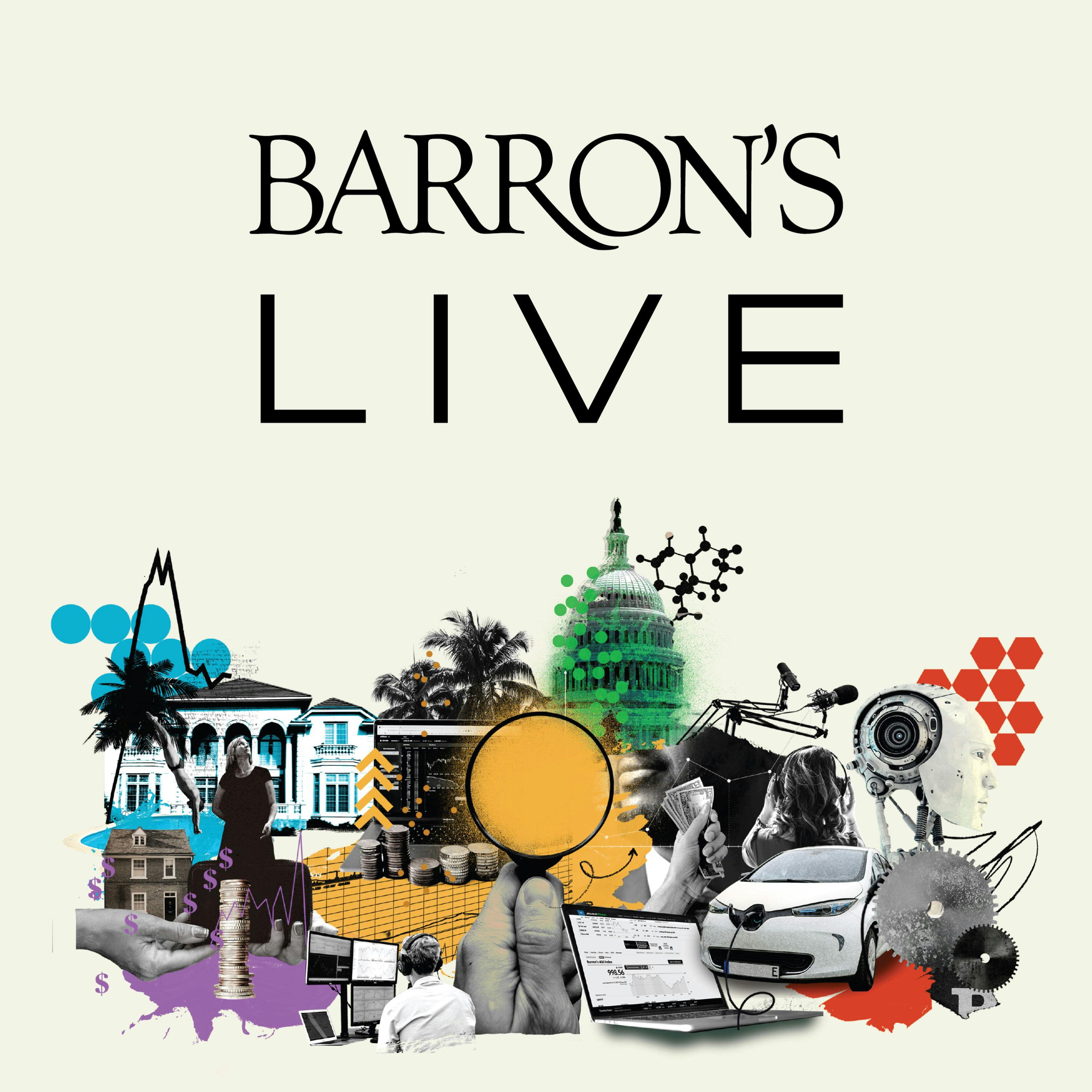
An Economic Update from Point72's Dean Maki

Barron's Live
Deep Dive
What is the role of a chief economist at Point72?
The chief economist at Point72 provides impartial and real-time analysis to investors. They interpret economic data, such as employment reports, and deliver detailed insights directly to investors, allowing for immediate and tailored responses to economic developments.
What is Dean Maki's outlook on the U.S. economy and the likelihood of a recession?
Dean Maki does not foresee a recession in the near term. He believes the U.S. economy will continue to grow robustly, with GDP growth expected at 3% in the third quarter and around 2.5% thereafter. He also notes that inflation has decreased significantly but may not reach the Fed's 2% target.
What factors have contributed to the U.S. economy's surprising strength?
The U.S. economy's strength is largely due to catch-up hiring in the private services sector, which accounts for 84% of U.S. employment. This hiring surge has provided households with income, fueling consumer spending and creating a virtuous cycle of economic growth.
What are Dean Maki's expectations for Federal Reserve policy in the near term?
Dean Maki expects the Fed to cut interest rates by 25 basis points in both November and December. He believes the Fed will continue this pace of rate cuts through mid-2024, though stronger-than-expected growth could lead to an earlier pause in rate cuts.
What are the risks to Dean Maki's bullish economic forecast?
The primary risks include potential tariff increases and immigration restrictions, both of which could slow GDP growth. Tariffs historically reduce growth, while reduced immigration could lower potential GDP growth by limiting the labor force.
How does Dean Maki view the impact of corporate profit margins on the economy?
Corporate profit margins, which are near record highs, have been a key factor in the economy's resilience. High margins discourage large-scale job cuts and expense reductions, supporting continued economic growth. Maki believes margins will remain strong, aligning with GDP growth.
What is the outlook for tech earnings, particularly for companies like Alphabet, Meta, and Microsoft?
Tech earnings are expected to focus heavily on margins and the impact of AI. For Alphabet, concerns include potential declines in search traffic and capex spending. Meta is expected to show improved margins due to AI enhancements, while Microsoft faces scrutiny over Azure's growth and AI-related spending.
How might fiscal policy differ under a second Trump term versus a Harris administration?
Under a second Trump term, fiscal policy could lead to higher deficits due to tax cut extensions. A Harris administration might result in smaller deficits, but the actual impact depends on the composition of Congress. Tariffs under either administration could slow growth and temporarily increase inflation.
What is Dean Maki's perspective on the U.S. deficit and its potential impact on the economy?
Maki acknowledges that the U.S. fiscal situation is unsustainable in the long term, but the timing of when this becomes a critical issue is uncertain. He notes that concerns about the deficit sporadically affect markets, but there is no clear way to predict or trade around these concerns.
What is the economic outlook for Europe, China, and Japan?
Europe is experiencing sluggish growth and is vulnerable to a potential trade war-induced recession. China's recent stimulus aims to stabilize growth around its target, while Japan has emerged from deflation, a significant milestone for its economy.
What are Dean Maki's thoughts on the neutral rate and its relevance to Fed policy?
Maki believes the neutral rate is not a useful guide for near-term Fed policy due to various short-term economic drivers. He estimates the long-term neutral rate at around 3%, but emphasizes that it is not a key metric for current monetary policy decisions.
What is the significance of the upcoming U.S. jobs report, and how might it influence the Fed?
The jobs report is expected to be influenced by hurricane effects and strikes, making it difficult to draw clear conclusions about the underlying economy. Unless there is a significant upside surprise, the Fed is unlikely to alter its planned 25 basis point rate cut in response to the report.
- Point72's chief economist offers real-time analysis to investors.
- Direct access to the economist for questions and analysis is a key benefit.
Shownotes Transcript
Barron's Senior Managing Editor Lauren R. Rublin and Deputy Editor Ben Levisohn discuss the outlook for markets and companies in the news. They will also speak with Dean Maki, Chief Economist at Point72, about his economic and interest-rate forecasts.